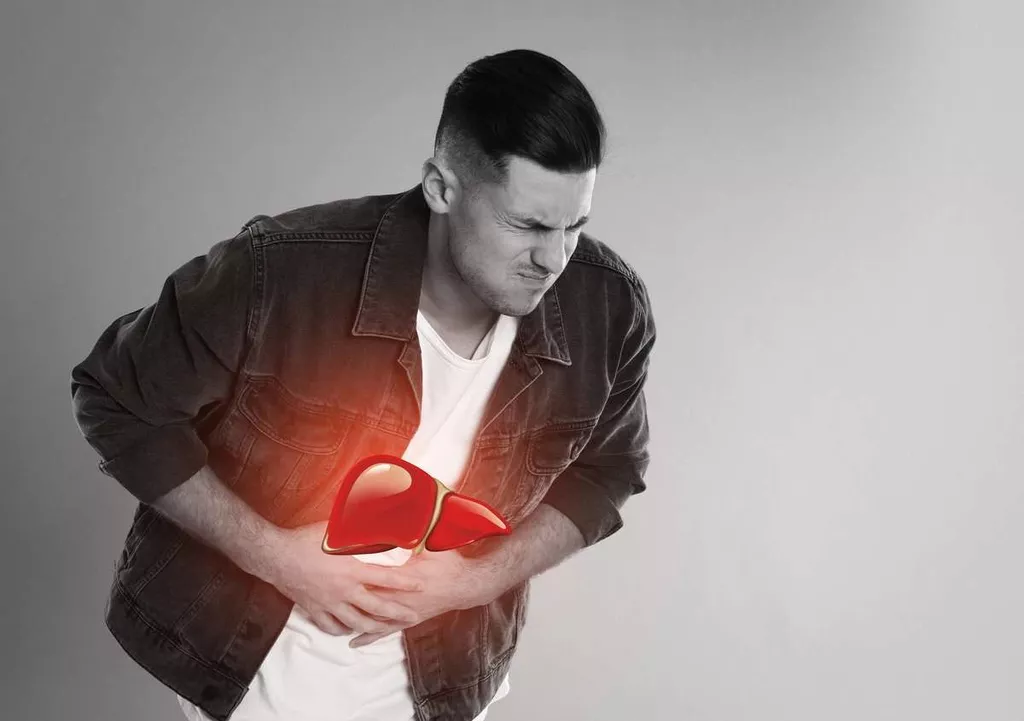
However, other research shows that people with AUD or SUD have an increased likelihood of being exposed to traumatic situations, and they have an increased likelihood of developing PTSD. It is possible that these two bodies of evidence represent two separate relationships between PTSD and AUD. Additionally, the conditional nature of the disorders, based on the exposure to an event or a substance, makes this a complex relationship for analysis, interpretation, and intervention for treatment.
Don’t Wait To Receive The Treatment You Deserve

For the alcohol use disorder component, cognitive-behavioral therapy (CBT) and medication-assisted treatment (MAT) are often employed. CBT helps individuals identify and change thought patterns and behaviors related to alcohol use, while MAT may involve the use of medications like naltrexone or acamprosate to reduce cravings and support abstinence. Given the complex interplay between PTSD and alcohol use disorder, effective treatment requires an integrated approach that addresses both conditions simultaneously.
- However, as the effects of alcohol wear off, PTSD symptoms often return with increased intensity.
- It’s common for people who experience PTSD to also struggle with alcohol abuse or abuse of other substances.
- Any traumatic event can cause PTSD, whether there is a threat to the physical, emotional, or social safety of yourself or someone else.
- The Recovery Village is experienced in treating alcohol and other substance use and co-occurring disorders like PTSD.
- When it comes to understanding the causes of PTSD, it is important to recognize that trauma affects individuals in different ways.
Heightened Risk Profile

Because these two issues are so intimately connected, it is essential that treatment address them both. PTSD treatment without concurrent alcohol treatment can lead to ongoing substance abuse and a return to PTSD symptoms. If you address your drinking while still avoiding a traumatic past, you are unlikely to have much success. It’s crucial to understand that individuals who are clinically dependent on alcohol may face severe health risks if they abruptly cease drinking. If you find yourself experiencing symptoms such as seizures, trembling hands, excessive sweating, or hallucinations, these could be signs of clinical alcohol dependence.
- As a result, alcohol use can intensify the severity and frequency of PTSD symptoms, including flashbacks, nightmares, and anxiety.
- Moreover, those who actively connect with a Higher Power or engage in spiritual communities report higher levels of accountability, which are crucial for sustained sobriety.
- Alcohol use disorder (AUD) and post-traumatic stress disorder (PTSD) are highly prevalent and debilitating psychiatric conditions that commonly co-occur.
What are the symptoms of PTSD?

It is recommended that all trials report on participants who complete the entire treatment protocol. AUD and PTSD have shown a consistent comorbidity over many decades and in diverse populations. The strong relationship is present in representative surveys of the United ptsd and alcohol abuse States, throughout Europe, and in Australia.
Stigma of Alcoholism: How Perceived Judgment Causes More …
Caregivers should prioritize their mental health by seeking support from friends, family, or counselors and setting boundaries to prevent burnout. Different psychotherapeutic techniques and therapies may be used to treat comorbid AUD and PTSD. Psychotherapy, Substance abuse also known as talk therapy, can help people identify their emotions and triggers for symptoms to help them develop better coping mechanisms. The type of treatment that is best for you can depend on the type of trauma you experienced.
